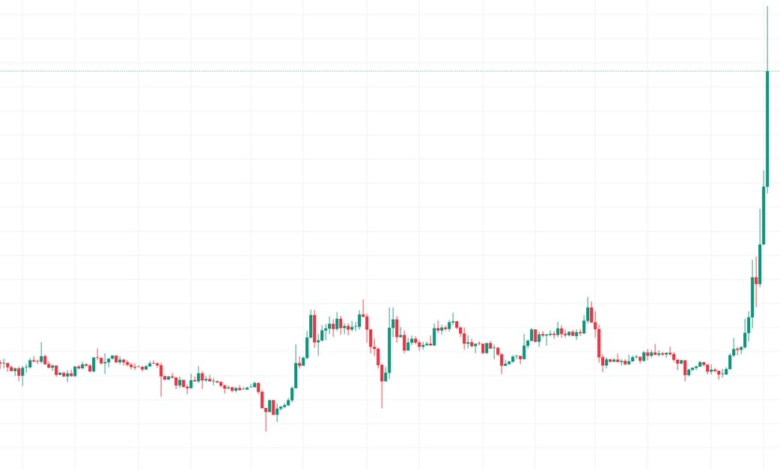
In December 2020, the Securities and Exchange Commission (SEC) initiated legal action against Ripple Labs, alleging that the company had violated securities laws by selling XRP tokens without proper registration. The SEC claimed that XRP should be classified as a security, triggering a heated legal battle between the regulator and the blockchain firm.
Earlier in the year, a U.S. court sided with the SEC, ruling that Ripple’s sales of XRP to institutional investors constituted securities transactions. However, the court also stated that XRP sales on public exchanges did not meet the definition of a security, leading to a complex legal situation for Ripple.
In response to the court’s decision, Ripple has been fighting back against the SEC’s allegations, arguing that XRP should not be considered a security. The company has sought further clarification on the legal status of XRP, with the SEC appealing the court’s ruling in October.
The ongoing legal battle between Ripple and the SEC has significant implications for the cryptocurrency industry as a whole. The outcome of this case could set a precedent for how digital assets are regulated in the United States, potentially shaping the future of blockchain technology and token sales.







